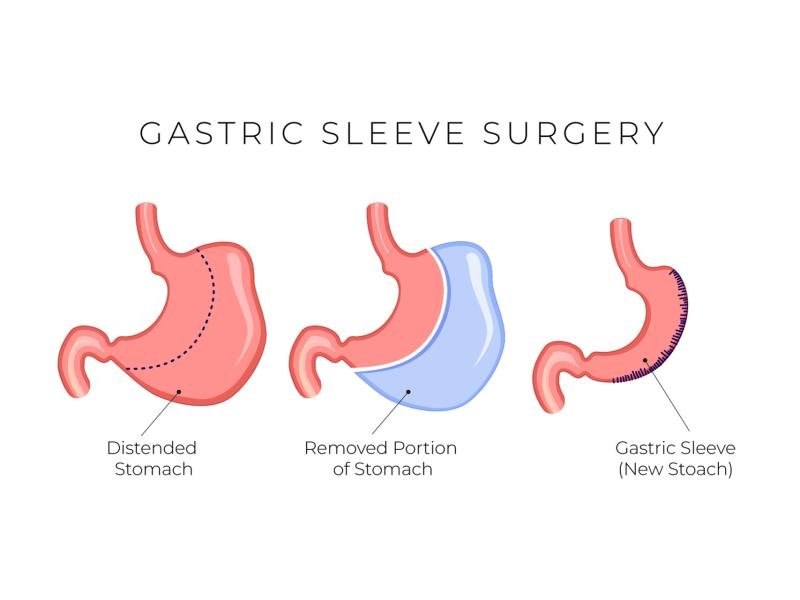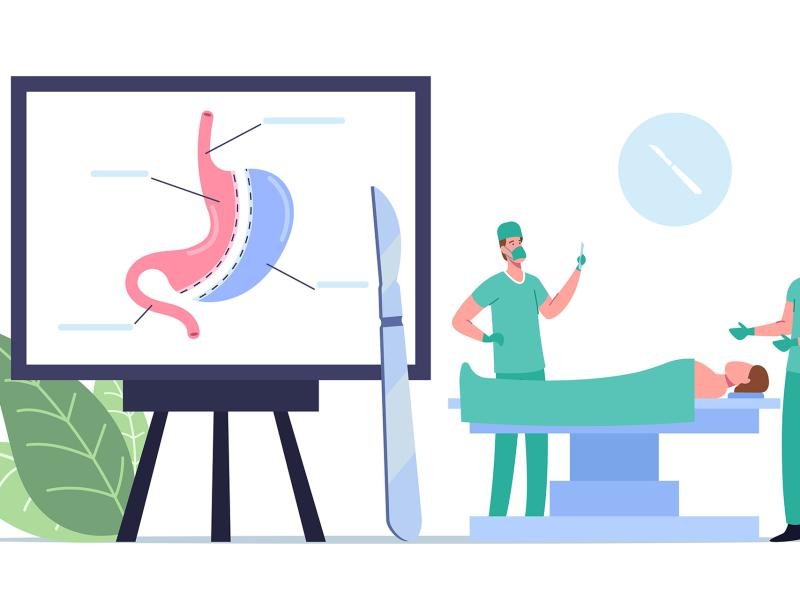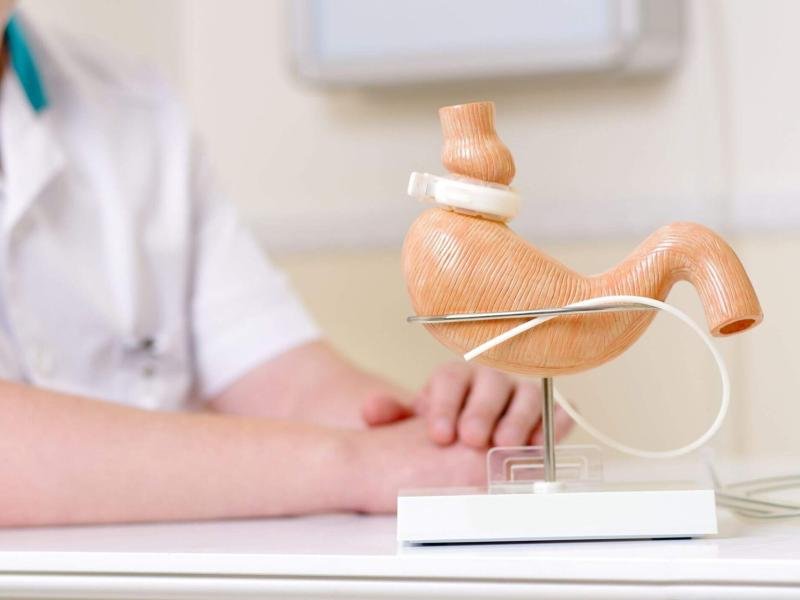
Weight loss surgery, also called Bariatric or Metabolic surgery, is sometimes used as a treatment for people who are very obese.
It can lead to significant weight loss and help improve many obesity-related conditions, such as type 2 diabetes or high blood pressure.
But it's a major operation and in most cases should only be considered after trying to lose weight through a healthy diet and exercise
Which type of weight loss surgery is best?
All types of weight loss surgery can help you lose a significant amount of weight, but they each have advantages and disadvantages.
For example:
- you usually lose weight more quickly after a Gastric Bypass or Sleeve Gastrectomy than after Gastric Banding
- more people tend to achieve significant weight loss with a gastric bypass or sleeve gastrectomy than with a gastric band
- the risk of serious surgery complications is generally higher for a gastric bypass or sleeve gastrectomy
- gastric bands are removable, so the operation can be reversed if it causes serious problems
If you're considering weight loss surgery, talk to your surgeon about the different techniques to decide which is best for you.
Diet after weight loss surgery
You'll be given a diet plan to follow after surgery.
These vary from person to person, but a typical plan is:
- first few days – water and fluids (for example, thin soup)
- first 4 weeks – runny food (for example, yoghurt or puréed food)
- weeks 4 to 6 – soft food (for example, mashed potato)
- week 6 onwards – gradually return to a healthy, balanced diet
You will also be advised to:
- eat slowly, chew carefully and only eat small amounts at a time – particularly during the early stages of your recovery
- avoid, or be careful when eating, foods that could block your stomach, such as soft white bread
- take vitamin and mineral supplements
Pregnancy and contraception after weight loss surgery
Women are usually advised to avoid becoming pregnant during the period of most significant weight loss in the first 12 to 18 months after surgery.
This is because weight loss surgery can affect your vitamin and mineral levels. If your levels are low while you're pregnant, there's a risk it could harm your baby.
It's a good idea to:
- use contraception until advised it's safe to become pregnant – ask your doctor about the best type, as some are not suitable for women who've had weight loss surgery (including the contraceptive pill and contraceptive injection)
- speak to your doctor if you become pregnant soon after surgery or you're planning a pregnancy at any stage after surgery – they can check your vitamin and mineral levels, and advise you about supplements







 What is Tummy Tuck?
What is Tummy Tuck?
 What is Sleeve Gastrectomy?
What is Sleeve Gastrectomy?
 What is Bariatric Surgery?
What is Bariatric Surgery?
 Hair Transplantation in Turkey
Hair Transplantation in Turkey
 What is Denta Fillings?
What is Denta Fillings?


